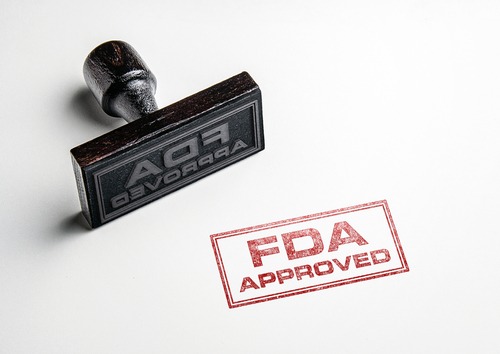
The U.S. Food and Drug Administration (FDA) approval of Chimerix, Inc.’s smallpox therapeutic TEMBEXA last week marked a medical achievement and a milestone for the Biomedical Advanced Research and Development Authority (BARDA).
BARDA itself was created in 2006. It began collaborating with Chimerix in 2011. Now, this development and manufacturing partnership has yielded BARDA’s 60th approval from the FDA. Each such effort is a major medical milestone for the larger process, promoting a return on public investment in private products. BARDA partners with private interests on such projects to aid innovation, guarantee safe and effective products, and navigate the FDA approval mechanisms.
Approval is not the final hurdle, though — companies like Chimerix then need to make sure their products are available during times of need.
As for TEMBEXA, the antiviral drug works by inhibiting the activity of a viral enzyme critical to smallpox growth, blocking it from replicating and causing the disease. Development of the therapeutic was built on the work of Dr. Karl Hostetler, University of California, San Diego School of Medicine professor and founder of Chimerix. He discovered the drug and gained the support of the National Institute of Allergy and Infectious Diseases (NIAID) early on.
Smallpox was ostensibly eradicated worldwide by 1980. However, such viruses can be synthesized and reintroduced, whether naturally or manmade, meaning that their threat is an eternal one lurking in the shadows. TEMBEXA is meant as a means for the U.S. government to prepare and respond to any smallpox emergency and quickly mitigate any drug resistance such a virus may have gained. To that end, the government is working to develop multiple therapeutics with different mechanisms to counter smallpox.




